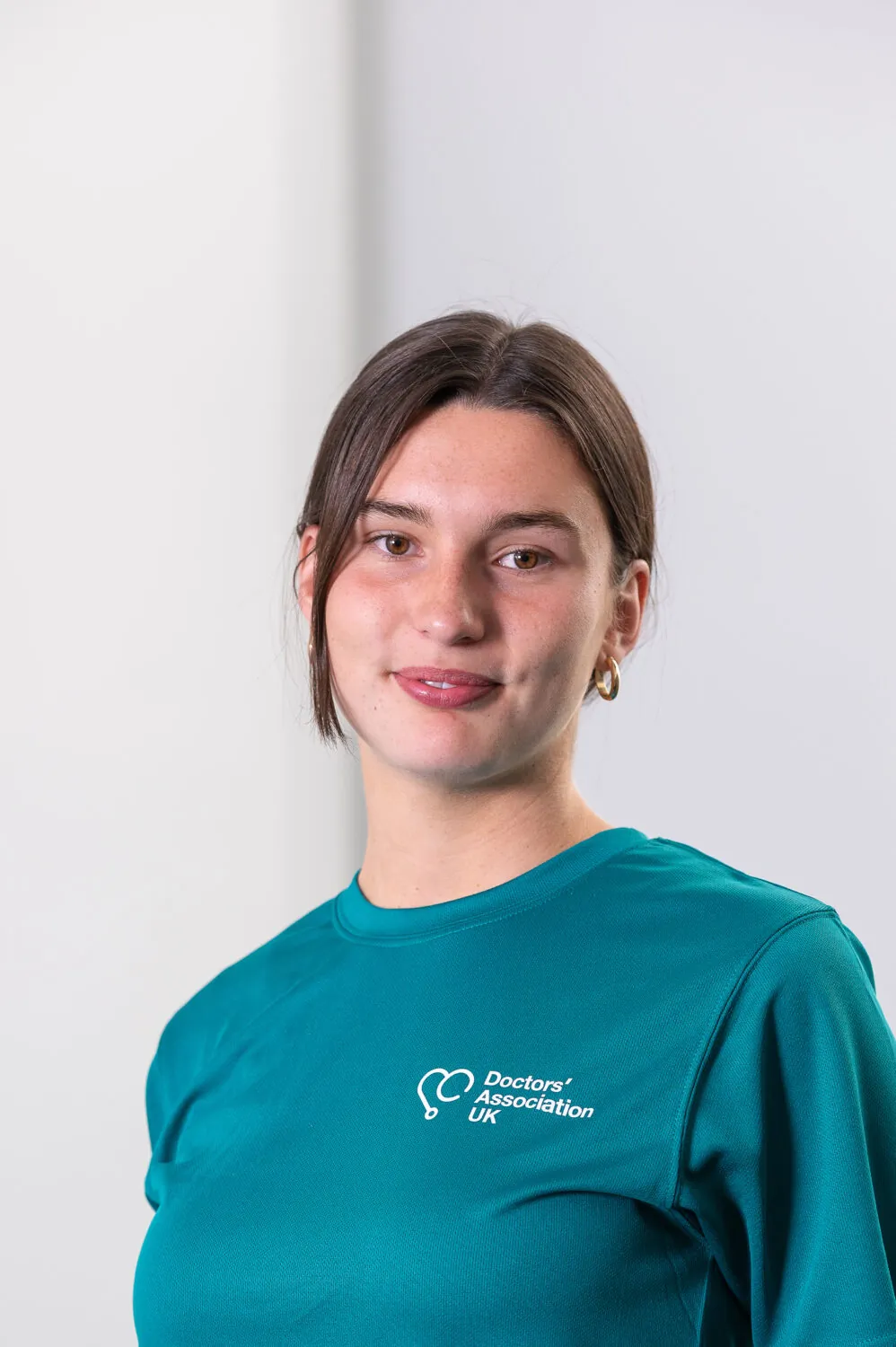DAUK’s Dr David Nicholl has described the vote to pass all five motions in the extraordinary general meeting of the Royal College of Physician (RCP) as a ‘landmark result’.
In only the third EGM in the RCP’s 505-year history, fellows voted on five motions covering scope of practice, accountability, evaluation, the impact on training opportunities, and the pace and scale of the roll-out of physician associates.
The results were:
· Motion 1 on scope of practice was passed with 96.9% of the vote.
· Motion 2 on accountability was passed with 95.6% of the vote.
· Motion 3 on evaluation was passed with 96.1% of the vote.
· Motion 4 on training opportunities was passed with 95.9% of the vote.
· Motion 5 on caution in pace and scale of roll-out was passed with 78.7% of the vote.
Dr Nicholl, RCP fellow and consultant neurologist in the West Midlands, told BBC radio listeners it was a vote to ensure the safety of patients.
Speaking on BBC Hereford and Worcester, he said: “Imagine this morning you go to your GP, you could potentially be seeing someone with two years’ experience at college or university rather than an experienced GP.
“We felt that was a real clinical risk to patients.
“So this is a landmark change, to take our foot off the accelerator and say that if we’re going to introduce this, let’s introduce this safely.”
Legislation bringing the PA role under GMC regulation passed through the House of Lords last month, despite attempts to kill it.
The Doctors’ Association UK (DAUK) has opposed regulation of PAs by the GMC and has called for a pause on the roll-out of PAs.
The association has long-standing concerns that the legislation will blur the roles of doctors and non-doctors, creating a misunderstanding of the role of PAs and presenting a significant risk to patient safety.
Dr Nicholl added: “There are many excellent PAs.
“The point is they aren’t doctors and their scope and range of practice must be defined.
“I’ve seen too many examples across the country where we’ve seen they’ve been filling in doctors’ rotas.
“The most extreme examples, which were mentioned in the House of Lords, were two cases that came to criminal court of non-accidental injury where a physician associate was acting as an expert witness and was introduced to the court as a member of the Royal College of Physicians.
“They were neither a doctor nor a member of the RCP.
“The implication was there was a huge risk of a miscarriage of justice there.”
Dr Nicholl said he hoped the vote would allow the PA roles to be defined in scope and supervision to help them work safely.
“This is all such a big change,” he said. “They do need regulating which is coming at the end of the year.
“The challenge now is making sure it’s done properly and there’s a proper timeline.
“Until yesterday, this was all going to go on a wink and a nod, whereas we’re saying we have to get the curriculum, we have to get the scope, we have to get the supervision sorted out for all 46 specialities.
“It’s not possible by the end of the year, so we need to find a way for PAs and most importantly for patients.”




